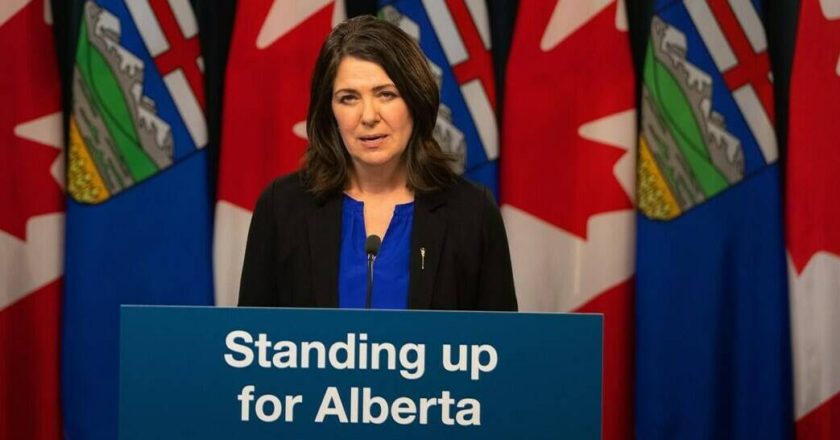Hyndman Papers- Speech to Alberta Municipalities- 1982
Excerpt from Speech to Alberta Municipal Districts & Counties (pp. 12-16)
(Undated- likely late November 1982 after 2 November 1982 provincial election)
The following speech given by Peter Lougheed in November 1982 set the stage for the Alberta government's post election
Alberta Economic Resurgence Program. (The PDF of the excerpt of the speech in below) The speech is notable as signaling the government's intention to restrain government spending and holding public sector wage costs to below the private speech. His language was unusually blunt to this gathering of Alberta's municipal councilors, reeves, and mayors. Crucial to the financing of the resurgence program was a return to direct borrowing of the province- a rare event in the post-war period- and tapping all investment incom...





